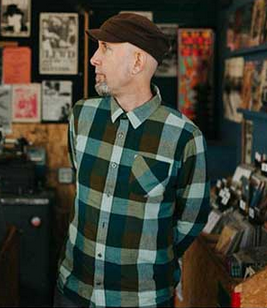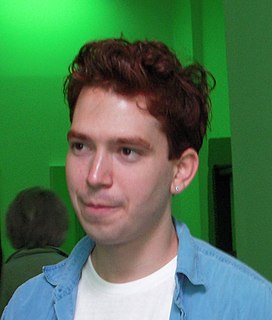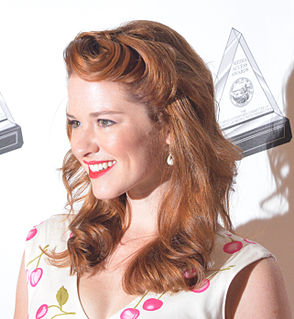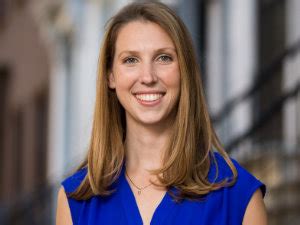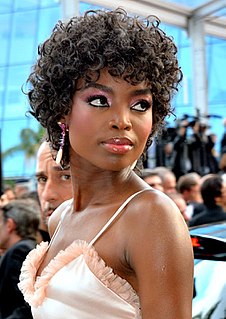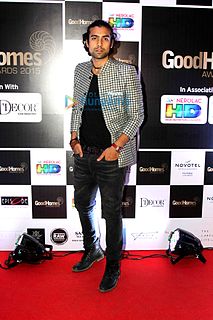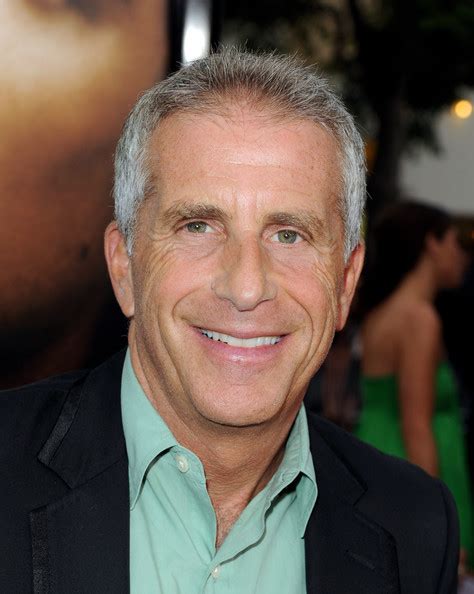A Quote by Mark Ruffalo
Actors, like it or not, their voices carry deeply into the culture: people look towards them for attitudes, for right or wrong, and today, the mainstream media doesn't really balance the unheard.
Related Quotes
I was on television a couple of years ago and the reporter asked me, "How does it feel being on mainstream media? It's not often poets get on mainstream media." I said, "Well I think you're the dominant media, the dominant culture, but you're not the mainstream media. The mainstream media is still the high culture of intellectuals: writers, readers, editors, librarians, professors, artists, art critics, poets, novelists, and people who think. They are the mainstream culture, even though you may be the dominant culture."
Mainstream media can be controlled, right. Because messaging from mainstream comes from that particular news outlet or whatever. Then you have the top people driving that messaging, and then that's what it is, right? Social media can really stir up a higher level of panic. If you think about it, it's not controlled.
I think so much of our society is geared towards mainstream media and pop culture and so forth. And there's a huge divide between the artist and the fan. And with indie culture that wall is removed. You actually do see the musicians walking around enjoying the show. It's a distinctly different culture and for the 99% of Nirvana fans that caught up with them with Nevermind, my book is gonna give them a whole different take on Kurt [Cobain] and the band.
Since the 1960s, mainstream media has searched out and co-opted the most authentic things it could find in youth culture, whether that was psychedelic culture, anti-war culture, blue jeans culture. Eventually heavy metal culture, rap culture, electronica - they'll look for it and then market it back to kids at the mall.
I'm interested in exploring the places where all media meet. As TV, Internet, art, games and movies all start moving towards the same point, I want to be part of inventing that space. I'd like to explore media that are traditionally seen as part of the mainstream but not necessarily utilize mainstream formulas.
I simply don't like the culture of drugs. I never liked the hippies for it. I think it was a mistake to be all the time stoned and on weed. It didn't look right and it doesn't look right today either and the damage drugs have done to civilizations are too enormous. And besides, I don't need any drug to step out of myself. I don't want them and I do not need them.
Many teachers of the Sixties generation said "We will steal your children", and they did. A significant part of America has converted to the ideas of the 1960s - hedonism, self-indulgence and consumerism. For half of all Americans today, the Woodstock culture of the Sixties is the culture they grew up with - their traditional culture. For them, Judeo-Christian culture is outside the mainstream now. The counter-culture has become the dominant culture, and the former culture a dissident culture - something that is far out, and 'extreme'.
I think we have to continue to protect women on social media, who are coming out in a world that can still be very harsh towards them, so that they do not feel that they are alone. And of course, some of these attacks happen on social media, so we do need to provide a counter narrative - a supportive narrative - so that the voices of those that are punitive towards women does not become the dominant voice.
For me, the part of reporting that's the most rewarding and energizing is just hearing directly from people whose voices haven't often been heard, or incorporated into mainstream media. That stuff is really, really gratifying, and so to realize that you could make a career of that part of it, that appealed to me.
There are amazing designers like Riccardo Tisci (whom I consider like my godfather in the industry), who are aware that beauty isn't defined by being just one thing or perceived in a single way. Today we hear people's voices, thanks to social media, and that can change things. This change is happening right now!



